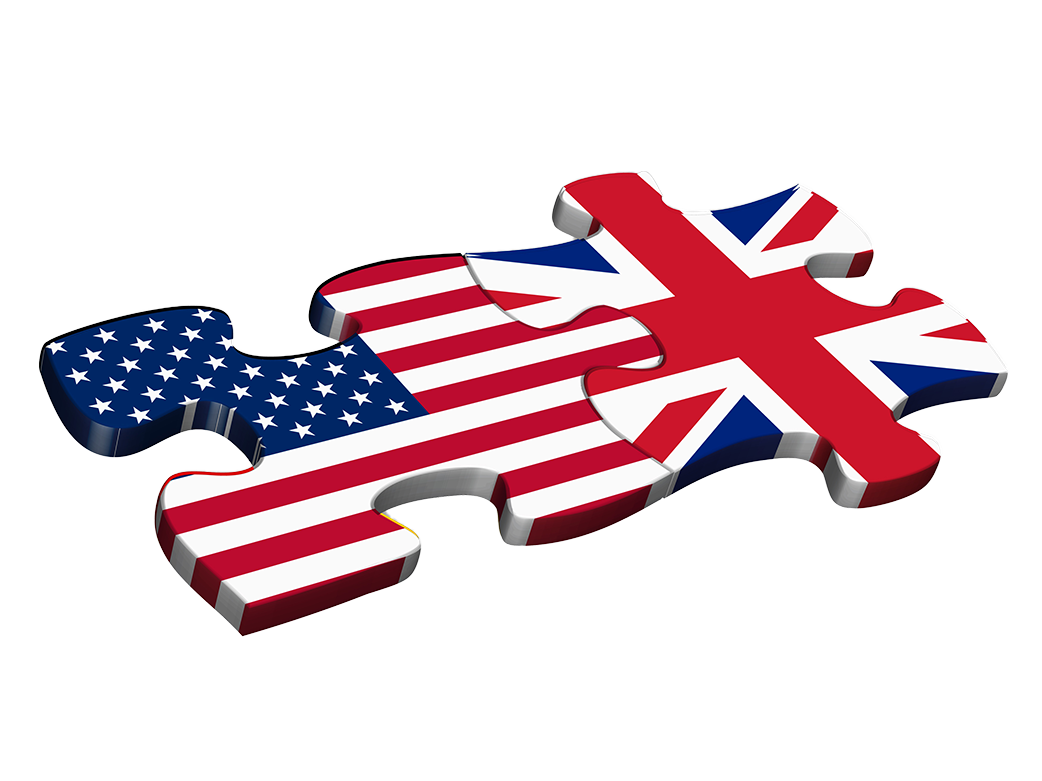A Few Examples of Our Differences
• The British do not put periods after titles of address but Americans do: Mr., Mrs., Ms.
• Quote marks: British English uses a single quote mark for the main quote, and if it is quoting someone else within it, the inside quote is a double quote. Americans do exactly the opposite.
• Punctuation used with quotes: for most punctuation, Americans put it within the quotes. The British always place their punctuation outside the quote marks.
• The so-called “Oxford comma” can come up for hot debate between British and American writers. The British almost never use it; Americans almost always do. In fact, the use of that comma has saved lawsuits, and lack of it has lost lawsuits. “I like kiwis, cherries and bananas.” Well? Do you like cherries and bananas together—or do you like cherries, and bananas, but not at the same time?
• One of the differences that especially frustrated me when I began seeing it in American fiction and non-fiction, usually self-published, was the annoying “s” being added to “ward” words: backwards instead of the correct backward, towards instead of toward—I finally figured out why after making some phone calls.
Some editors I called (and book publishers aimed at self-publishers) didn’t know there was a difference. Another reason was that, apparently, more British editors were working for American companies or editing for Americans (fiction, non-fiction, didn’t matter).
I did some research about the history of adding or not adding the s. When British speakers came to what became North America and established the colonies, they did not add the s. As time went on, the United Kingdom did tack on the s, but Americans did not.
• It is still incorrect to add an s to “ward” words in America.


